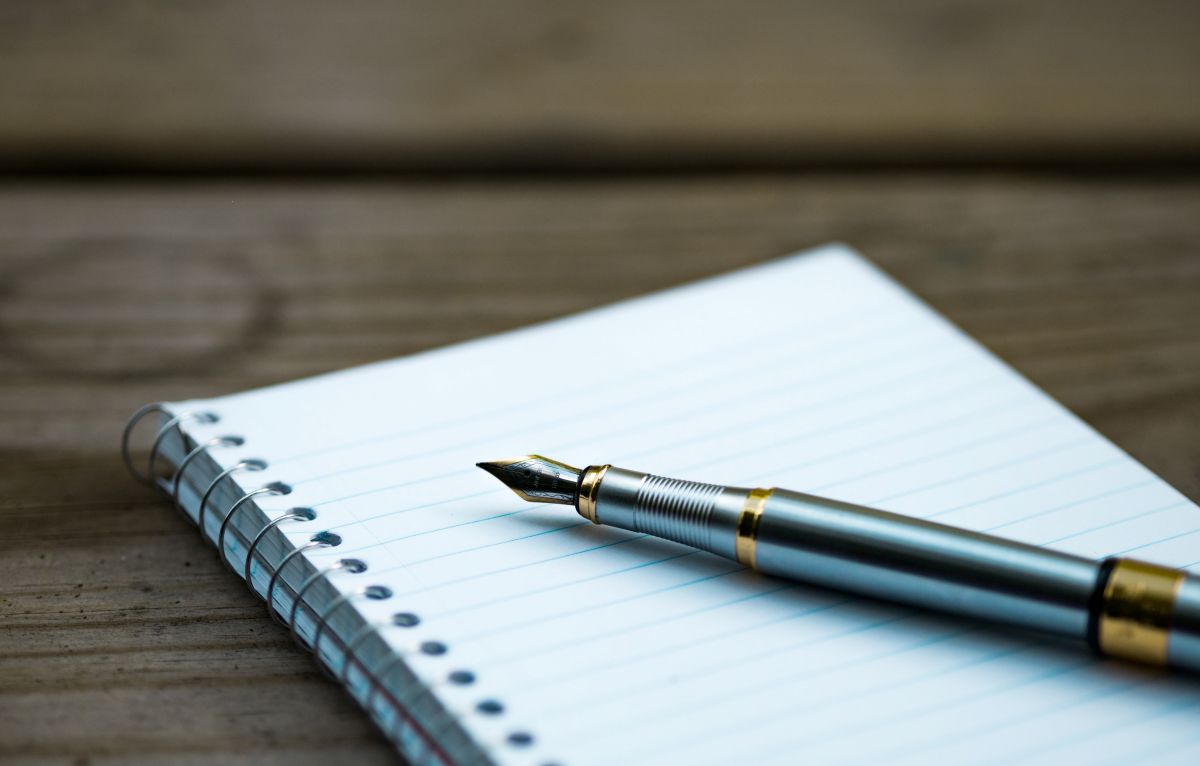How to Write Faster: 15 Tips to Help You Write Faster (Part 1/2)
How many times have you written something down only to realise later that you got some details wrong or left out important aspects? This happens because writing takes time. Sometimes we put things off until it is too late to complete them.
This problem is even worse when you have to write long essays or reports where you wish you had more time to perfect each sentence.
Writing is probably one of the most difficult tasks you'll ever have to undertake - especially if you want to succeed in school or at work. Whether you prefer writing fiction or non-fiction, every writer has their own style.
Here are 12 ways to speed up your writing:
1. Give yourself a topic
Often writers start off with a topic in mind — maybe a particular concept they want to discuss. However, when starting on writing, they don't know what they're going to write about. When you want to write something and you have a topic in mind, write down anything you think might work. Keep it within a particular scope.
Try brainstorming on a topic that is important to you. For example, the economy is always an important topic to discuss. You can easily find articles on the internet that deal with economic trends. These are often about things like government stimulus programs and corporate profits.
Most likely, you won't get it right the first time. Write down your ideas one by one. When you have a better idea, go back and create a rough outline of the material.
2. Read before you write
All great writers know the importance of reading and research before they sit down to write. This is especially true for academic papers where you'll be producing a significant amount of research.
So before you write, make sure you read an excerpt of a previous paper to get an idea of how it was written. If you read 10,000 words, you're halfway through writing an essay. When you finish reading, return to your topic and gather ideas about what you can add to your work.
3. Analyse what you've read before you write
Once you've read a paper, analyse the idea. Is it new? How does it compare to other similar concepts? Why are you interested in that topic?
Think about these questions and write a list of the ideas you found. Next, start writing and see if any of these new ideas could fit into the paper. It's always a good idea to include some ideas you've found when writing your paper.
4. Create an outline
What you end up writing will usually depend on how you construct the outline. The key to writing an outline is taking out all the unnecessary information.
An outline will give you a better sense of how long it should be, which is crucial for assessing its value in terms of how much time you'll need to invest.
5. Write notes when you think of a brilliant idea
The danger with great ideas is that if you don't follow them up, you may not find out that they were brilliant after all. Write down every single idea you have and have them numbered. In the future, you'll be able to look back and see exactly where you were when you came up with an idea worth your time.
6. Read and reflect
Reading other works is an essential part of any writer's life. It allows you to identify issues within a paper and discover what your competitor's strategy was.
But the best part about reading is that you can find a new angle to your paper. When you write, you never have all the right information. If you haven't reflected on something you read, you could miss a great opportunity to develop a strategy for your essay. I would recommend reading more than the average writer.
7. Create a mind map
An article in Psychology Today suggests that a mind map can be an effective way to remember your ideas.
Here's how it works:
You draw a diagram in a notebook. This diagram represents the topics, ideas and details you need to write about. Then you think about the information you've drawn. Each idea is linked to the next.
After you have thought about each idea, you can assign them to the individual ideas you need to work on. If you know exactly what you need to write about, you can spend more time writing about the big picture.
Copyright ©2022 by L. Lewis
